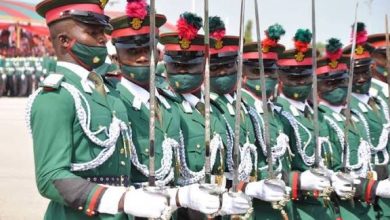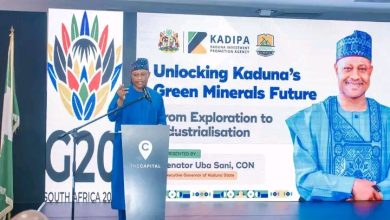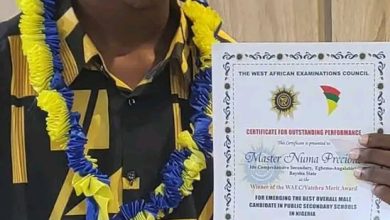“Explosive Memo Rocks Abuja: U.S. Pressed to Probe Nigeria Over Alleged Mass Graves, Hidden Atrocities”

By Passman Akpos
A renewed wave of international advocacy has emerged around Nigeria’s humanitarian and security challenges, following a strongly worded message reportedly sent by American lawyer and activist Mike Arnold to a senior official at the United States Department of State. The message — which has ignited intense debate online — calls for a comprehensive international investigation into alleged mass atrocities and the conditions of internally displaced persons (IDPs) in parts of the country.
Arnold, who has been in correspondence with officials in Washington, argued that sanctions alone would be ineffective, insisting that the Nigerian government could simply “pivot to China.” Instead, he proposed what he described as an urgent multi-step intervention aimed at uncovering the scale of the crisis and restoring aid to displaced communities.
Arnold’s Proposals to the U.S. Government
In his communication, Arnold outlined four primary steps:
1. A congressional delegation (CODEL) to visit reported IDP sites, alleged mass graves, and communities affected by violence, to interview eyewitnesses. He claimed that political leaders outside Nigeria “still don’t grasp the reality on the ground.”
2. Potential legal scrutiny of the current administration, alleging a pattern of neglect and denial regarding unregistered IDPs. Arnold argued that such an investigation could raise questions of “genocide” — a claim the Nigerian government has not responded to and which remains unproven.
3. A probe into the Sokoto Caliphate, which he suggested could be designated an international terrorist organization if evidence supports such a move. No evidence has been independently verified.
4. Restoration of international aid to displaced persons, warning that without intervention “millions could be radicalized by 2030,” referencing estimates from Open Doors, an organization that reports on Christian communities.
Arnold emphasized that Nigerians remain “good, hopeful, resilient, faithful and bright,” adding that lifting the burden of insecurity and displacement could allow the country to flourish.
Local Reactions: Calls for Dialogue, Restructuring, and Political Reform
The message sparked a wide range of reactions from Nigerians online — from calls for restructuring, to demands for local solutions, to appeals for international pressure.
Some contributors argued that Nigeria requires internal reform rather than foreign intervention, emphasizing honest dialogue, cultural understanding, and community-driven peace efforts. Cultural photojournalist Taye Ekundayo Ayotomiwa pointed to peaceful coexistence in Yoruba communities as evidence that Nigeria can overcome religious and ethnic divides without external interference.
Others insisted that meaningful change would require political restructuring or even a referendum for ethnic nationalities seeking self-determination.
Accusations Against the U.K. and Historical Tensions
Another thread of responses accused the United Kingdom of historically supporting Northern political structures for economic benefit — claims that cannot be independently verified. Some commenters called for investigations into alleged links between the British government and the Sokoto Caliphate, framing them as part of Nigeria’s long-standing political contradictions.
Concerns Over Security and Secrecy
One commenter warned Arnold to avoid revealing too much publicly, stating that “the element of surprise is more effective” and urging caution due to the sensitivity of the allegations.
Government Response
As of the time of publication, the Nigerian federal government has not issued a formal response to the renewed claims circulating online. Previous administrations have denied allegations of genocide, accusing critics of exaggeration and insisting that security forces are working to stabilize conflict-affected areas.
A Debate Likely to Continue
The intensity of the exchanges highlights the deep divisions over how Nigeria’s internal crises should be addressed. While some push for international pressure and investigation, others insist that the country’s problems can only be solved through internal dialogue, community engagement, and political restructuring.
What remains clear is that Nigeria’s humanitarian and security situation — particularly the fate of displaced communities — continues to draw both local concern and international attention.





